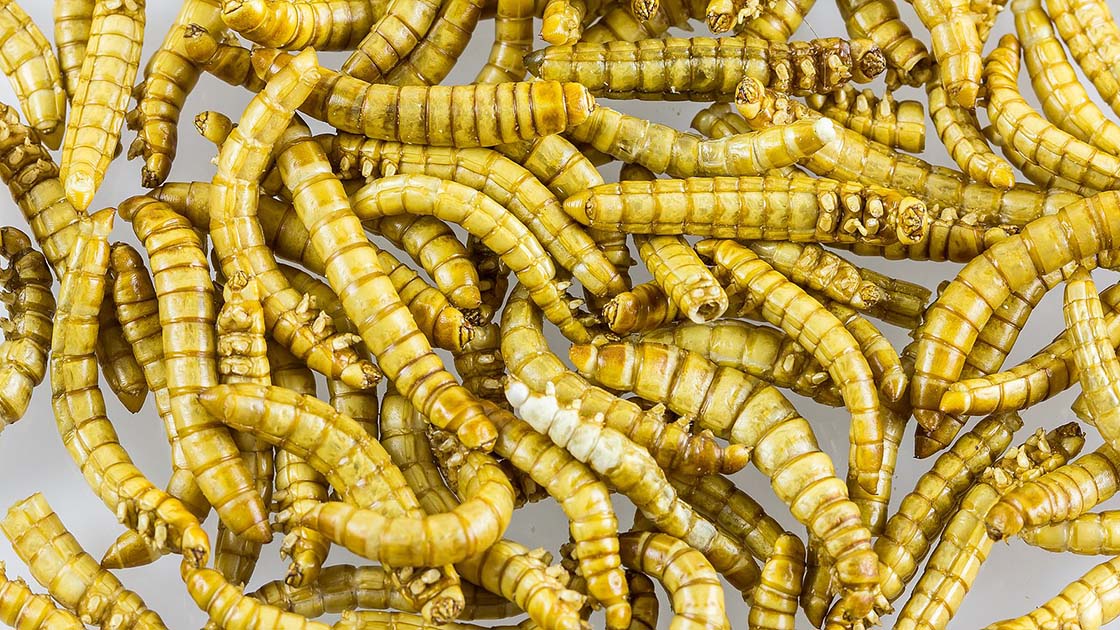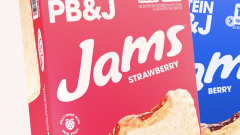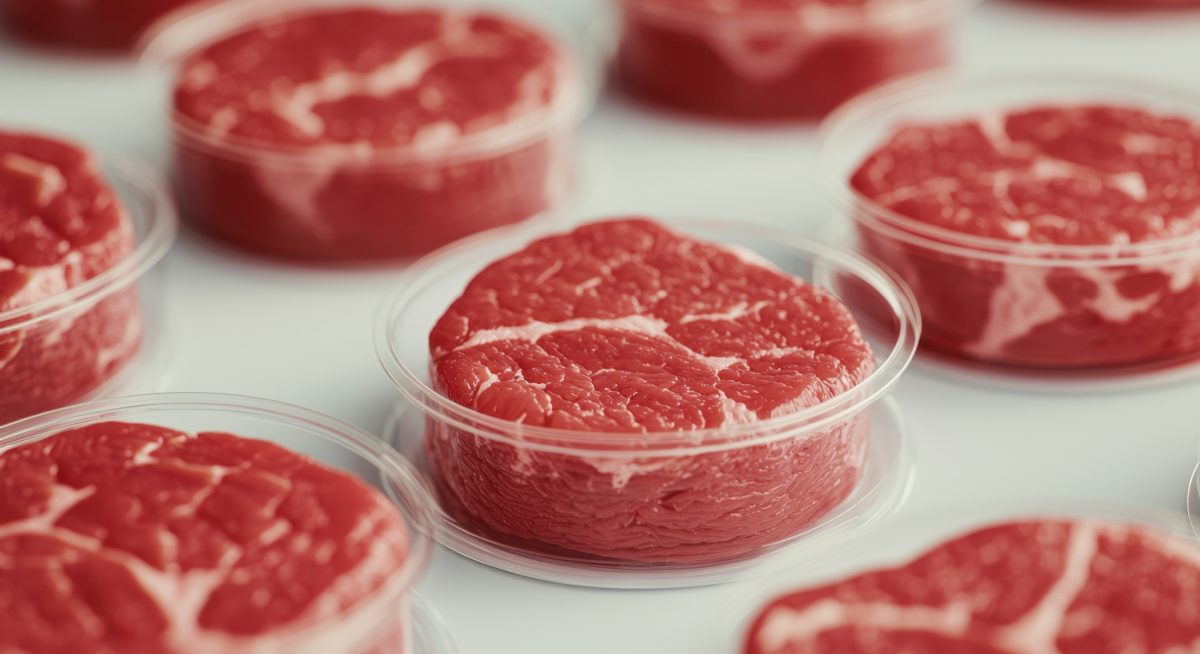Could Beetle Larvae Be The Next Alternative Protein To Take Over The Meat Market?

As the alternative protein market continues to grow, more and more options are poised to become available to consumers. Up to this point, plants have been the only source for alt-protein products, which is why the term is associated with the word “plant-based.”
In the next few years, alt-proteins won’t only be sourced from plants. With the FDA recently approving lab grown meat (cultured meat) for consumption, some believe it will become more popular to meat lovers looking to reduce their carbon footprint. Yet, cultured meat isn’t the only alt-protein source being talked about.
A study published in The Journal of Insects as Food and Feed has found that beetle larvae, otherwise known as mealworms, can be turned into food for humans too.

“High protein content and relative ease in rearing have made yellow mealworms a popular staple for the exotic pet food market for over 60 years. More recently, these larvae have been shown to be a suitable dietary supplement in the aquaculture and poultry industries,” the study says.
The study explores the past use of mealworms to show their potential for human consumption. In addition to protein, according to Study Finds, beetle farming only requires a fraction of the land and water that traditional farming does. It also leaves a smaller carbon footprint, which helps reduce the effects of global climate change.
Exploring the potential of beetle-based protein is French biotech company Ynsect. They’re mapping out a global network of insect farms that will include nurseries and slaughterhouses. In fact, they’ve already constructed a plant to test out a pilot program.

“We are in full control of the chain of production. That gives us strength in terms of quality, security and safety,” says Benjamin Armenjon, general manager of Ynsect, according to a statement from SWNS.
The plant is equipped with automated conveyor belts and robot arms that organize and transport containers filled with billions of beetle larvae.
Dried mealworms pack a ton of protein, and are rich in fiber, as well as fat. They have the potential for many uses: protein powder, shakes, cereal bars, cooking oils, and even burgers. Apparently, when mealworms are mixed with sugar, they taste just like actual meat. They can also substitute chicken nuggets and ground meats (pictured above).

Ynsect is working to figure out sustainable mass production, and have plans to construct a larger plant in the coming months. It’s set to be the largest insect farm in the world, manufacturing 200,000 tons of insect-based foods per year.
“Insect protein is just going to grow in terms of the acceptance of it and how many people eat it – the market will grow and develop,” says Olivia Champion of Entec Nutrition, an insect-based animal feed company in the U.K.
While dried mealworms wouldn’t sound tasty to the average consumer, beetle protein in the form of burgers or nuggets might just work. Ynsect believes that the right education, presentation, and marketing will make the difference. It will be interesting to walk into your local grocery store one day and find insect-based meats on the shelves. In the meantime, check out Robert Downey Jr.’s endorsement of Ynsect below and visit their website for more details:






















